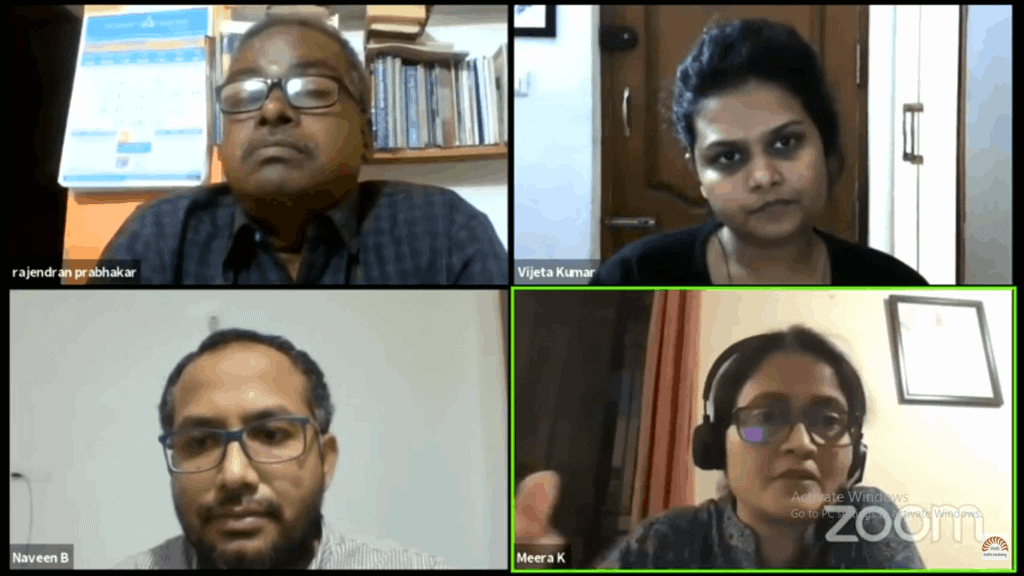Dr. Ambedkar felt bahujans will benefit from cities’ cosmopolitanism, with growing urbanisation. Is urban India really inclusive? Is there no discrimination based on caste in our offices, in our schools or in our neighbourhoods? What are the everyday realities of dalits in modern Bengaluru?
Are cities truly progressive? In October 2020, Citizen Matters and Centre for Public Policy, IIMB organised an online session, Explaining Caste Discrimination in Bengaluru.

The diverse panel shared their stories and research data on Bengaluru’s historical and current realities. The panelist spoke on caste in areas such as housing, governance, representation in politics, jobs and academics. Simply put, there is no escaping casteism and the discrimination that comes with it, even in Bengaluru, in any space.
Why Citizen Matters must cover caste-related topics too
Last year we published a piece, “How upper castes have killed tribal merit” and one of our readers asked us why we are covering issues of caste in Citizen Matters, given that it is only focused on “civic solutions” and that there are many other papers for “ideology”.
Our goal is to look at sustainability and liveability of cities. While the primary focus of Citizen Matters is of course civic journalism – infrastructure, environment, governance etc., it also covers larger issues seen in urban spaces – from labour, health, education, poverty to sexual harassment and child abuse.
Social justice and inclusion is an inherent aspect of civic space. Even as we dive into topics like slums and homelessness, it is as important to look at issues like caste discrimination or religious bigotry. We cannot ignore deeper malaises affecting society – ‘livability’ means not just clean air to breathe and good schools for our children. Acceptance and fairness are important expectations from cities – whether it is related to religion, caste, class or sexual orientation.
For many, caste problems may look like something present only in the hinterlands – you may not expect its insidious effects in big metros where merit and attitude are expected to help us fulfil our dreams. But as the tragic story of Dr Payal shows us, it’s very much there. How much ever it may be inconspicuous or missing in public discourse, caste discrimination is a clear and present danger to our progress as a modern society.
Media cannot and must not look away. As Puneeta Uchil writes, there are many such young people in our society, religions, institutions and workplaces – where casteism is institutionalised.
“Every time a Dr. Payal dies, we raise our voices more vociferously in the hope that this is the last such case. This is the last time we lose a doctor. This is the last time we lose a life.”
As a media that is committed to a better world, it is our duty too, to give spaces to these voices. We may not be able to dedicate enough reporting budget to the topic, but our platform is always open to a diversity of voices.

